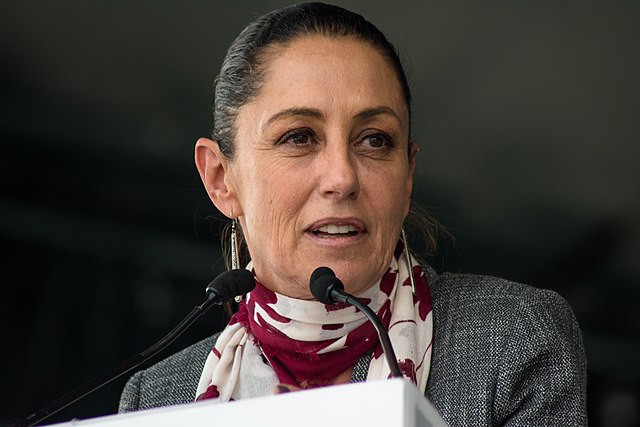President Donald Trump announced Thursday that the U.S. will maintain its current 25% tariff rate on Mexican imports for an additional 90 days, delaying a previously threatened increase to 30% as trade negotiations with Mexico continue. The decision follows what Trump described as a "very successful" phone call with Mexican President Claudia Sheinbaum.
"We have agreed to extend, for a 90 Day period, the exact same Deal as we had for the last short period of time," Trump posted on Truth Social. "Mexico will continue to pay a 25% Fentanyl Tariff, 25% Tariff on Cars, and 50% Tariff on Steel, Aluminum, and Copper."
The move comes just ahead of Trump's August 1 deadline, when paused "reciprocal" tariffs on dozens of countries were set to resume. While negotiations with several nations have yielded revised agreements-such as a 15% baseline deal with the European Union-talks with Mexico remain unresolved. Trump attributed the delay to "the complexities of a Deal with Mexico," citing challenges and opportunities presented by the U.S.-Mexico border.
Trump said the Mexican government has agreed to "immediately terminate its Non Tariff Trade Barriers, of which there were many," though he did not identify specific restrictions. Non-tariff barriers often include regulatory standards, paperwork, and inspection protocols that can complicate cross-border commerce.
The U.S. president was joined on the call by Vice President JD Vance, Treasury Secretary Scott Bessent, Commerce Secretary Howard Lutnick, Secretary of State Marco Rubio, U.S. Trade Representative Jamieson Greer, and Deputy Chief of Staff Stephen Miller. "More and more, we are getting to know and understand each other," Trump said of the Sheinbaum administration.
The deadline extension for Mexico contrasts with looming tariff increases for dozens of other countries. As of July 31, only eight of the 60 nations targeted by Trump's April 2 "Liberation Day" proclamation had finalized agreements: the United Kingdom, Vietnam, Indonesia, Philippines, South Korea, Japan, the European Union, and Australia.
Countries still facing punitive duties from August 1 include Canada, Taiwan, Bangladesh, and Nepal. Canada is facing a 35% tariff unless it reaches a deal, but prospects dimmed after Prime Minister Mark Carney endorsed statehood for Palestine. "Wow! Canada has just announced that it is backing statehood for Palestine," Trump wrote on Truth Social. "That will make it very hard for us to make a Trade Deal with them. Oh' Canada!!!"
Trump has justified the tariffs as a response to what he calls decades of "pillaging" by foreign nations. He maintains that Mexico's border and drug trafficking issues qualify the country for heightened duties under his emergency economic powers.






